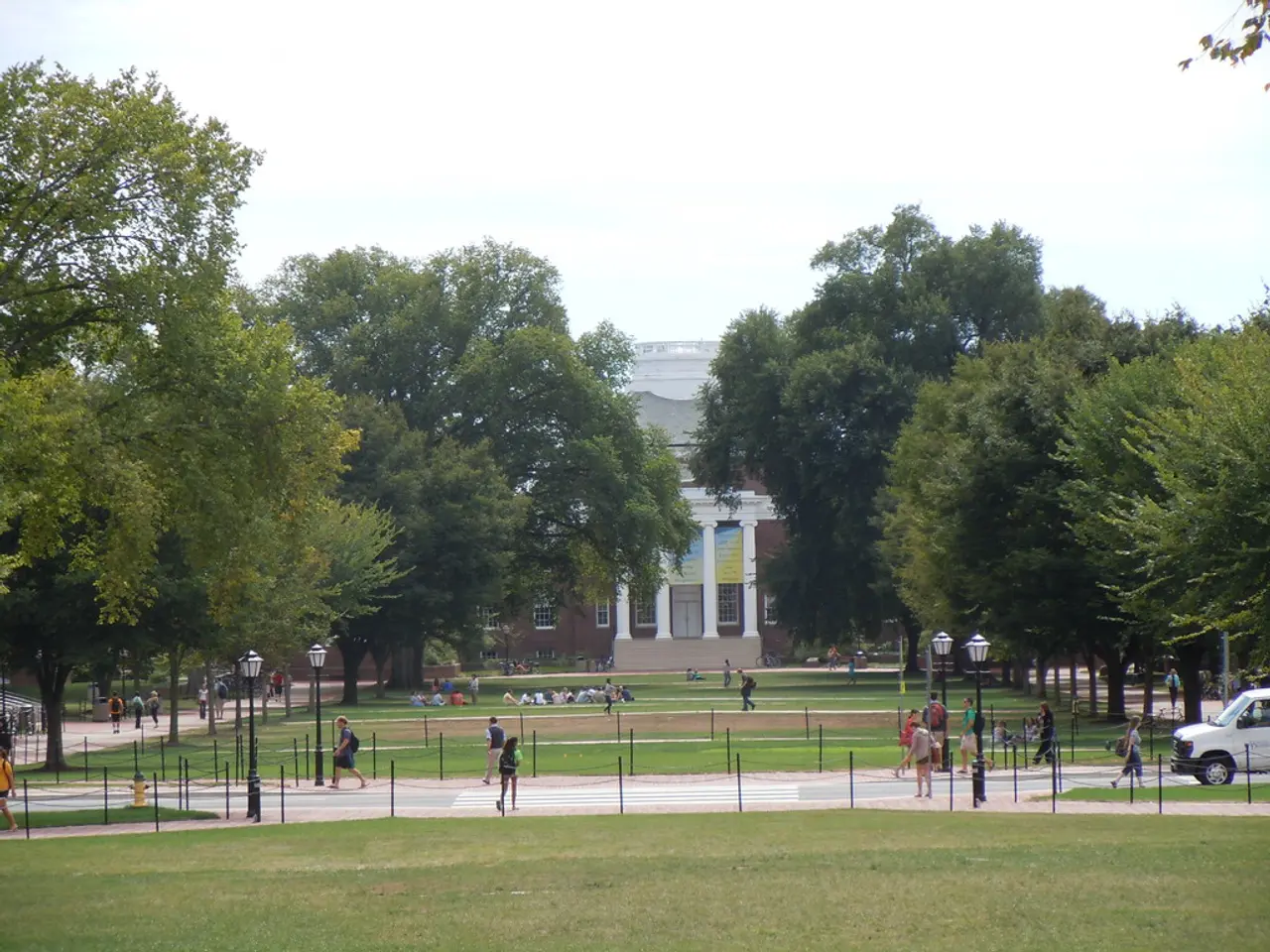Break from Studying, My Favorite Way
In the pursuit of academic excellence, it's essential to balance study sessions with effective study breaks. These breaks can play a crucial role in maintaining focus, reducing stress, and preventing burnout. Here are some strategies that can help students at Princeton University and beyond.
## Effective Study Break Strategies
### Regular Breaks for Mental Refreshment Taking short breaks, even as brief as five minutes, can refresh focus and energy levels by allowing the brain to rest and process information more efficiently. These breaks help prevent mental fatigue and maintain motivation.
### Walking as a Break Strategy Walking during breaks offers an instant energy boost and clears the mind. It increases circulation and can relieve physical tension built up from prolonged sitting. Even a short walk can make a noticeable difference in how you feel, both physically and mentally.
### Using the Pomodoro Technique The Pomodoro Technique involves working in focused 25-minute blocks followed by a short break. This method helps maintain concentration and allows the brain to consolidate new information. By alternating between focused study and breaks, students can avoid burnout and improve retention.
### Spaced Repetition Reviewing material at increasingly longer intervals helps strengthen neural pathways and improve long-term retention. This technique is more effective than marathon study sessions. It reduces the need for last-minute cramming and enhances overall learning efficiency.
### Creating a Study Plan Developing a structured study plan helps manage time effectively, ensuring all necessary material is covered without feeling overwhelmed. It provides a sense of control and confidence, which can translate into better academic performance.
## Overcoming Academic Challenges
### Enhanced Retention By incorporating breaks and spaced repetition, students can retain information better, which helps in mastering complex subjects.
### Improved Focus Regular breaks help sharpen focus, allowing for more productive study sessions.
### Stress Reduction Breaks and physical activity reduce stress levels, making academic tasks less overwhelming.
## Avoiding Burnout
### Better Work-Life Balance Allocating time for breaks, exercise, and leisure activities helps maintain a balanced lifestyle, preventing burnout and increasing motivation.
### Reduced Fatigue Strategic breaks prevent prolonged mental fatigue, which is a common cause of burnout.
### Increased Efficiency By managing study time effectively, students can study more efficiently, feeling fulfilled rather than exhausted.
Interactions with fellow students during a walk can offer priceless rewards, empowering one to reach for new solutions and persevere. Walking provides a chance to engage with the campus, reflecting on buildings, nature, and fellow students. Taking a walk allows one to physically remove oneself from work without divorcing from focus.
Finding what works best for oneself can save time in the long run. Whether it's walking, utilizing the Writing Center, the Office of Undergraduate Research, career advisors, or the McGraw Center, it's important to find a method of self-care that suits one's personal needs and preferences. Walking instead of scrolling through social media can validate the use of limited available free time.
In the short and dense semesters at Princeton, taking a break from academic burnout can start by taking time for oneself in a way that is restorative and formative. The walk becomes its own end rather than just a means to another end, offering unique advantages.
A student at Princeton University might choose to incorporate outdoor-living into their study break routine, taking a walk to refresh their mind and body, enhancing focus and reducing stress levels. The student could also engage in undergraduate research as a meaningful way to spend their breaks, applying self-care strategies that suit their personal needs and preferences, ultimately leading to improved academic performance and a balanced lifestyle.




